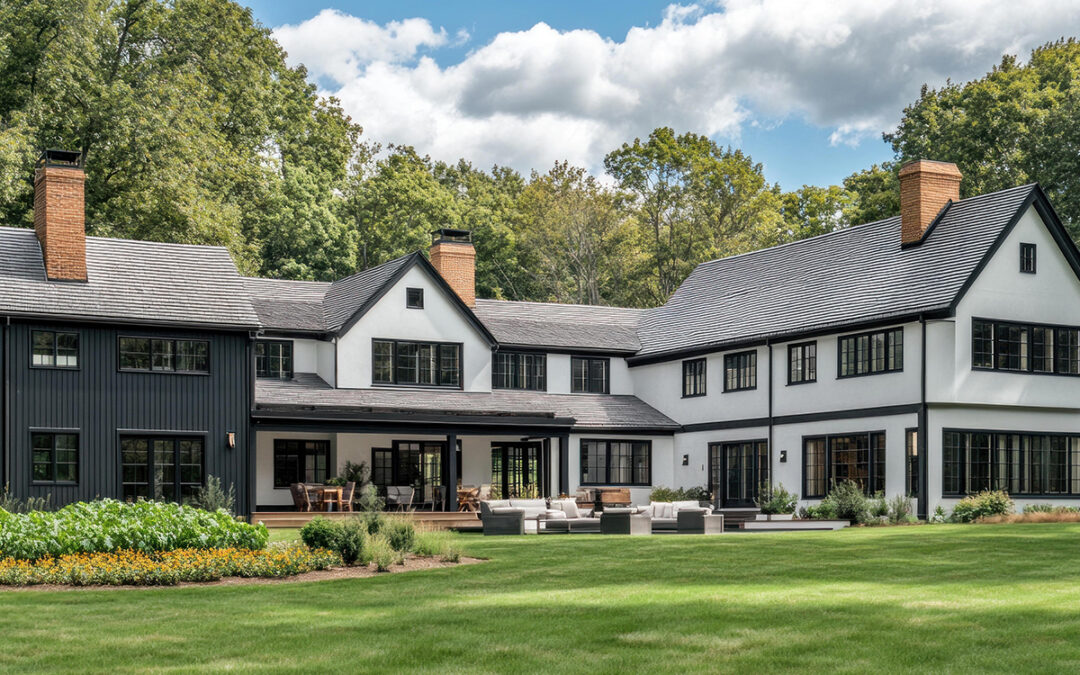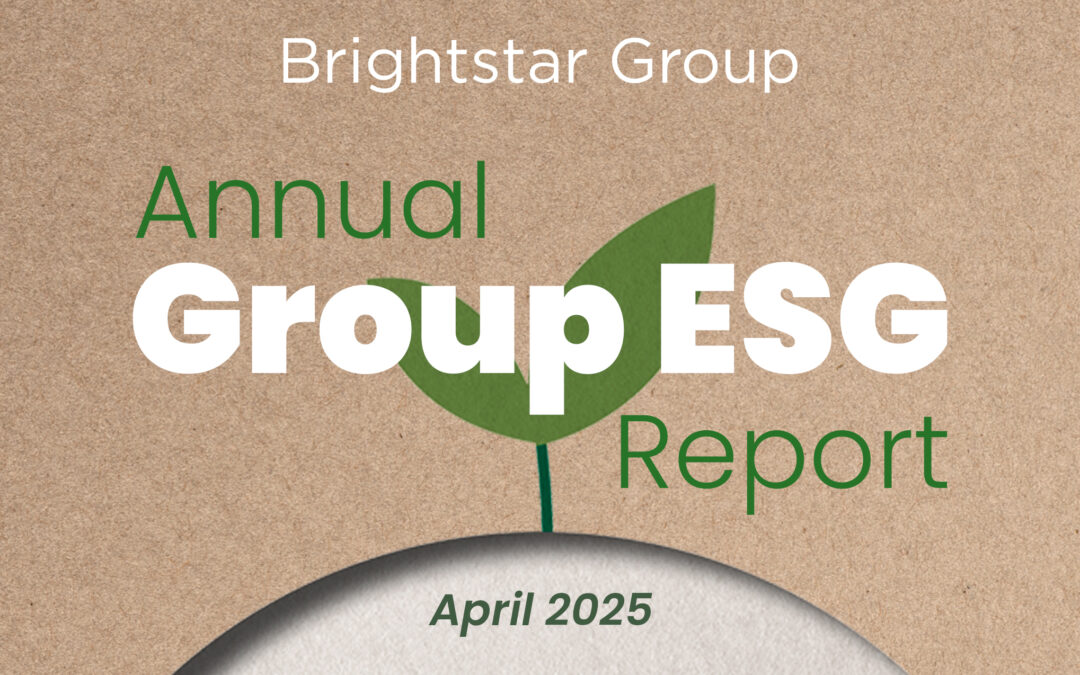As part of the Change Makers initiative, Mortgage Solutions is speaking to people in the industry who have made a real difference. Here they talk to Group COO William Lloyd-Hayward about how being part of the LGBTQ community can be ‘lonely’ in the mortgage sector, the need for more role models and how the industry needs ‘to put its foot on the gas’ to progress.
William Lloyd-Hayward is Group COO at Brightstar Financial and Sirius Property Finance. He has been councillor in Brentwood and is a campaigner for LGBTQ rights within the industry as well as advocate for more mental health initiatives through his role on the steering committees in both the Mortgage Industry Mental Health Charter (MIMHC) and the Working in Mortgages project by the Association of Mortgage Intermediaries (AMI).
In addition, only last week, Will won Business Leader – Specialist Distribution at the British Specialist Lending Awards presented by Specialist Lending Solutions.
He is also a proud Change Maker.
What initiative or project saw you nominated as a Change Maker?
I think this was a combination of my advocacy for the LGBTQ community and in taking on one of the steering committee roles in both the MIMHC and Working In Mortgages project by AMI.
Why did this project mean so much to you?
Being a member of the LGBTQ community in our industry can feel a lonely place, there are not absolute role models who you can identify with and, at points, it hasn’t always been the most comfortable of places to be yourself. I was supported from day one by Brightstar, my colleagues and industry friends. Shining a light on being advocates for the community I belong to, celebrating my marriage, something not possible only 10 years ago is deeply personal.
On the MIMHC, whilst not having experienced the challenges that mental health poses for people on varying levels, I am proud to be working to share the importance of the charter and the way organisations can play a critical role in supporting their staff.
At the same time, I have been energised by playing a small part in developing content for the Working In Mortgage website. As a new joiner to the industry in 2012, I have been on that journey from a 20-something to 30-something and have been delighted to play a part in a cause to diversify the industry.
Why did you feel the industry needed such an initiative?
Whilst I am working on some broader plans to provide a new industry forum for the LGBTQ community, I believe that just having more role models at every level of a business will help to provide support to those who at points feel alone as LGBTQ people, unable to see that they can progress because of their sexuality or because they don’t fit the ‘typical’ profile. While it is changing, the industry is still not as a diverse and representative as our country.
How did you go about bringing the initiative to life?
Directly on the LGBTQ projects I am planning, they are in their early stages with more to be revealed soon. But for the MIMHC, the team has worked hard to showcase the charter to the industry, encouraging businesses small and big to get involved, to recognise that a focus on the challenges staff face and putting tangible support structures into place can ensure you back your staff, support them and retain them.
What were the challenges you faced?
I have never felt held back, unsupported or discouraged to be anything other than who I am everyday working at Brightstar. It is challenging though, to go to award events, attend large expos where the dominating force of heterosexual men is there for all to see, the jokes that aren’t funny or the innuendo that doesn’t have a place even with people you do know, let alone new people.
My challenge was finding people who had succeeded, progressed and achieved that I could relate to. We have an amazing and growing group of strong women leaders in our sector who provide real and tangible stories to young girls and women about what can be achieved. I wish I could have had that, and one of my focuses is to find a way we can provide that support to LGBTQ people.
Do you feel the initiative has made a difference? If so, how? If not, why not?
In terms of the MIMHC, 100 per cent – we now have an annual Mental Health survey to show trends and progress on the issue within the sector and over 60 businesses are already signatories.
The Working In Mortgages website has begun to showcase the huge array of opportunities that exist within the mortgage sector and highlighted the importance of a truly diverse and representative workforce.
For my focus and project to support the LGBTQ community within our sector, keep an eye out for the announcement in the coming months. I have to say that the Mortgage SleepOut was another particular highlight to be involved with, raising more than £120,000 for End Youth Homelessness.
What are the current or next steps?
A new LGBTQ-focused project, building on some involvement I had in 2022 supporting one of our network partners highlighting the importance of LGBTQ issues within the advice process and how we need to create more safe spaces for the community to share hopes and fears and work together for better representation.
How much further do you think the industry needs to go to make changes and what should happen?
Progress is a journey. “The arc of the moral universe is long, but it bends toward justice” is what Martin Luther King Jr spoke of, and the same can be said for any progress we need in 2023 – much has been achieved in the last five years with awareness and attention on issues like mental health, homelessness, diversity and inclusivity.
They are no longer just words, organisations need to show action and progress on them within their own business. Better decisions are made when you have the broadest range of experience and ideas, when the people around the table more closely represent the people and clients we work for and with.
A diverse range of people from all backgrounds, around the table, or on a Teams call make better decisions. So progress has been made for our industry and businesses to look and feel more diverse, let’s put the foot on the gas and get that arc of progress to move that bit quicker.
What does it mean to you to be nominated as a Change Maker?
There is a huge amount of amazing work happening across our sector, from a wide range of businesses and individuals. To be recognised as a Change Maker was both a surprise and heartening. Like so many people, we just want to do a bit a good in the world, we want to have a good job and provide for our families and enjoy life.
However, at the heart of what we do outside of that is trying to make a positive difference where we can, to do all the good possible and I am proud to be part of a business which is full of people who I work alongside every day that share that ambition in our industry.






